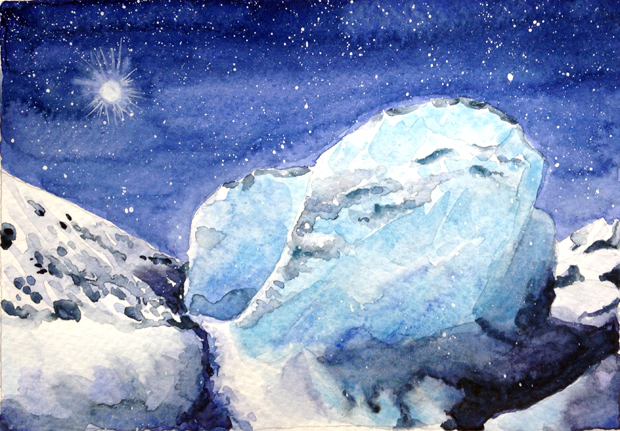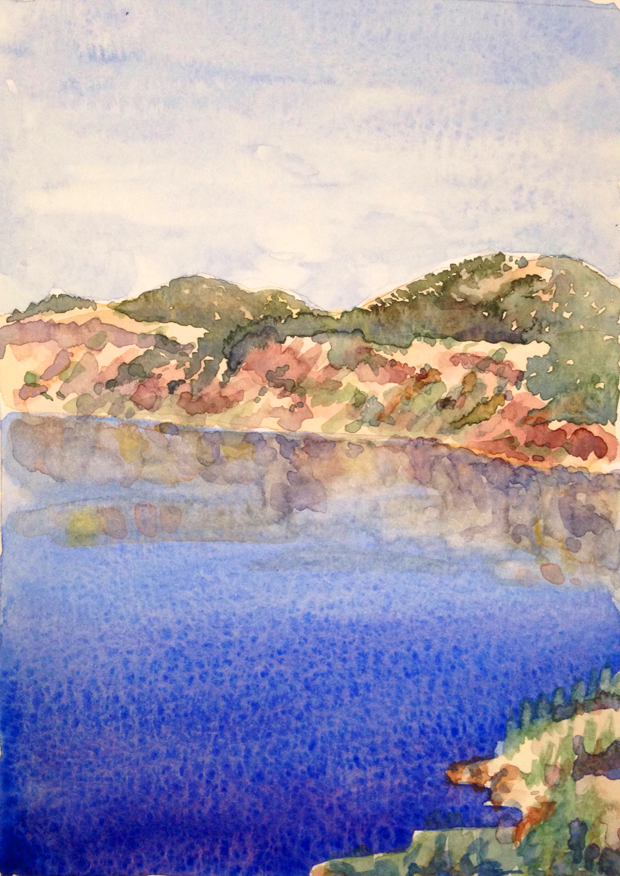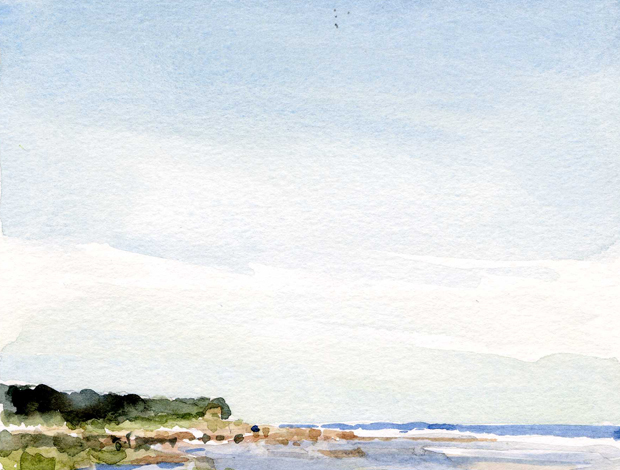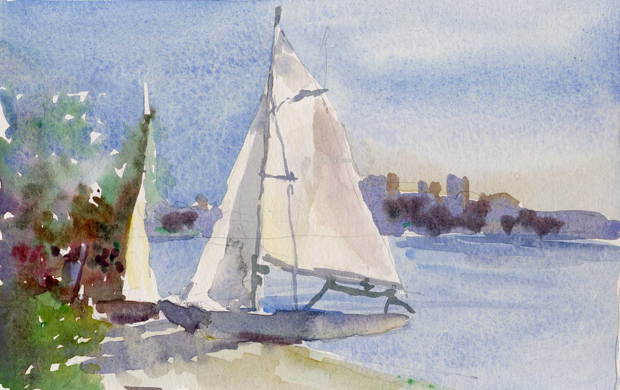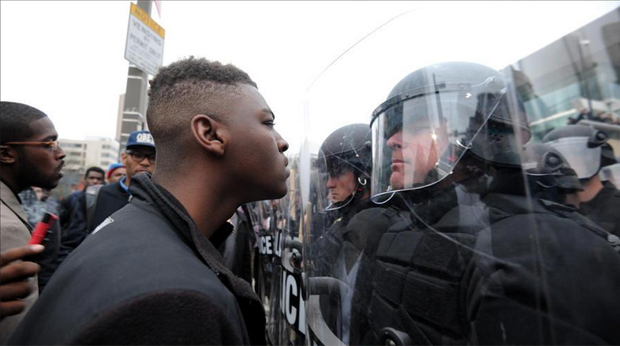With the fiercely honest, gorgeous language storm that is Between the World and Me, Ta’Nehisi Coates offers no prescriptions, plans or programs. He simply holds up the chipped, tarnished mirror that we call “civilization” to show us what he calls “the dream.” I love this book. It has broken my heart in a way that few books have. It has cracked me open and turned me upside down. To say that it challenges my assumptions about the state of race relations in this country is as far off the mark as saying that Silent Spring is a book about songbirds.
It’s not a long book and yet it contains everything. Worlds, galaxies, histories, ancestors. Having lived for the past twenty-five years in Baltimore, I enjoyed listening to the recorded version, hearing his words in his Baltimore-tinged voice. Even though I’m well aware that his Baltimore was vastly different from mine, a tiny part of me feels connected. So many thoughts, reactions, fears, despairs, and hopes are swirling in my body in this moment—a sure sign that this is one of those books that changes everything. I will listen again and then read it too and insist that everyone I encounter read it. It’s that important. Continue reading

